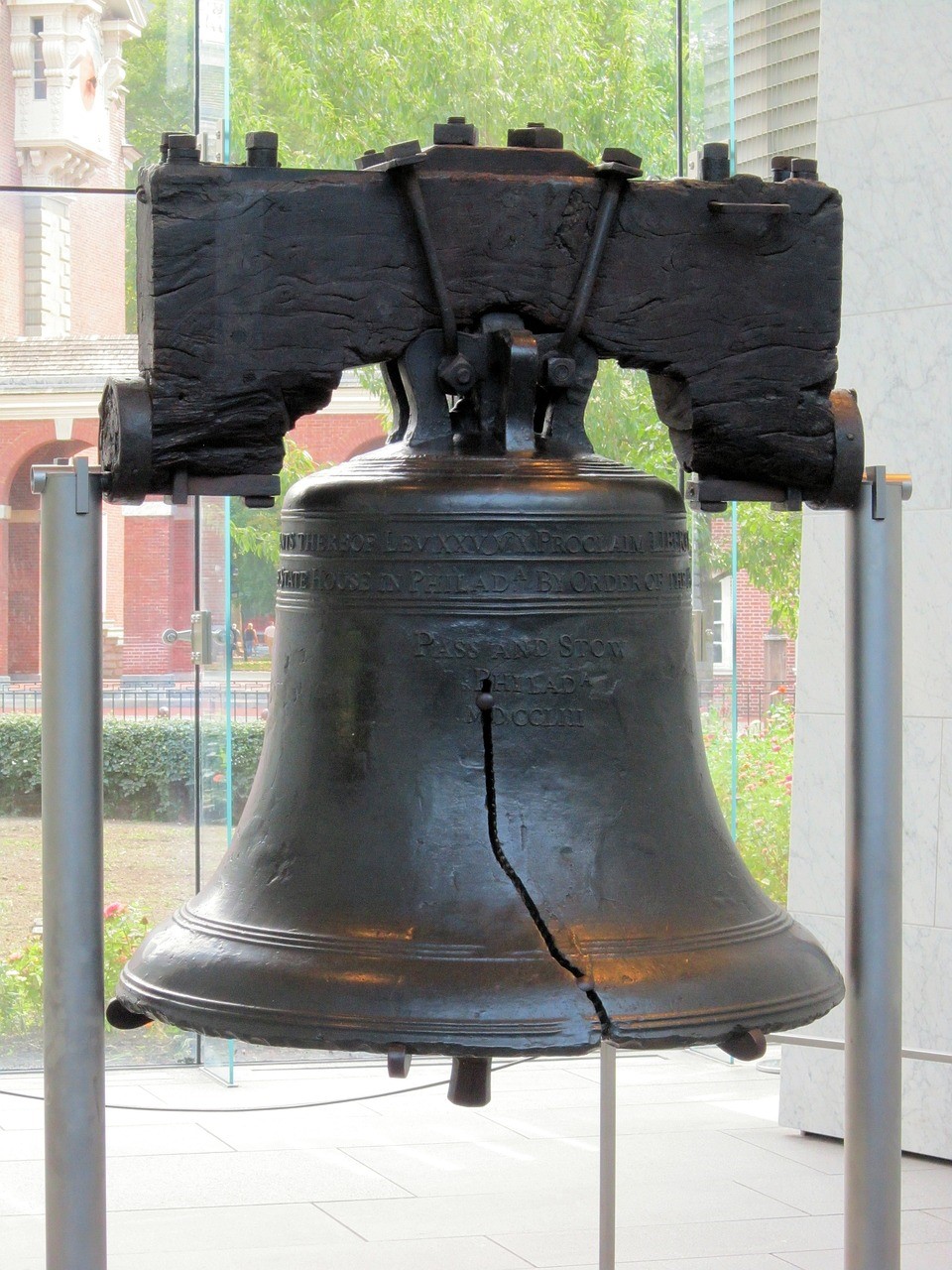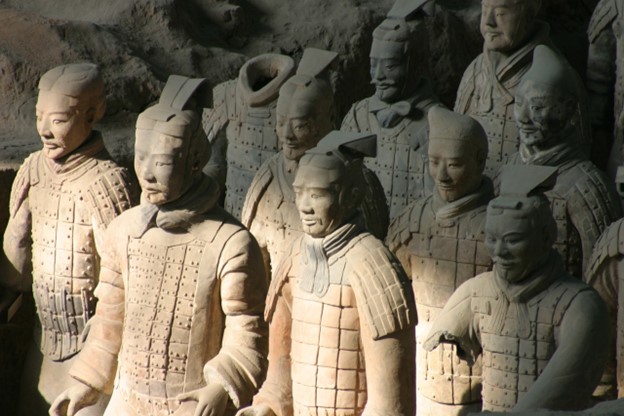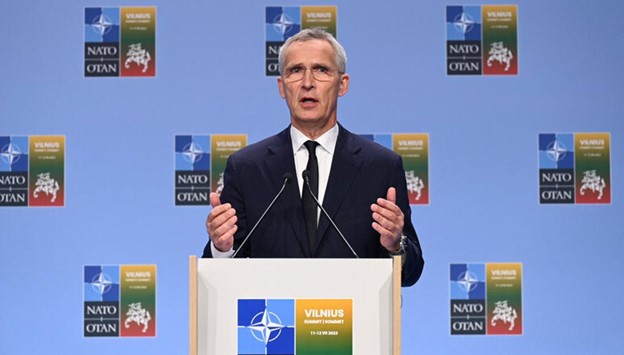The Putin regime is growing brittle. Some have suggested that multiple divisions within the military, FSB, and organized crime are widening with the recent arrests of at least 20 senior military officers, including several generals. Anders Aslund, writing in the Kyiv Post, says “Sensible Russian liberals, such as Leonid Gozman and Viktor Shenderovich, are calling for Russia to capitulate for its own sake as Germany and Japan did in 1945.” Mikhail Polyakov, another name unfamiliar to most Americans is also in political trouble. Few outside Russia know he was the administrator of the Telegram channel Kremlin Laundress. Over the weekend he was arrested by the Federal Security Bureau (FSB), and now faces up to 15 years in a Russian prison for extorting money from prominent politicians and businesspeople. Polyakov was a colonel and close to Putin. Like infighting inside the Tzarist royal court, conflict inside the Kremlin today is gaining momentum. Cliques of dissidents are rallying in opposition to their handlers who once used them to spread the regime’s propaganda and allies are questioning Putin’s government.
Sergey Karnaukhov, who served previously in the Russian Ministry of Internal Affairs, says that Polyakov “worked against political extremism and waged an aggressive fight against the non-systemic opposition,” including the “criminal gang of Navalny.” It appears now Polyakov is suffering a similar fate not unlike those of the Stalinist “Great Terror” period in Soviet history when many officials in the People’s Commissariat for Internal Affairs ended up suppressed and disappeared. Ksenia Kirillova, of the Jamestown Foundation, says that Polyakov is one of many where the Russian system has turned on its own officials.
Death is our Business, a Russian propaganda film released recently, is dedicated to Yevgeny Prigozhin. It was first shown on Russian TV in mid-July. It calls Prigozhin a “traitor and criminal.” In it the writers explain that the Russian government is continuing to search for Wagner group fighters. It reminds the audience of the kidnapping of Russian Army Lieutenant-Colonel Roman Venevitin and the “sledgehammer” extra-judicial killings of those called traitors. Kirillova says this genre first started in 2012 under a propaganda series entitled, The Anatomy of a Protest. Interestingly, the series was produced by Prigozhin himself. He adds that the “technologies of kompromat successfully used for years by the creator of the “troll factory” have indeed backfired on him.”
Externally, Putin’s regime is experiencing problems with its allies, including Turkish President Tayyip Erdogan, who is said to have violated an agreement with Russia by returning to Ukraine commanders in Turkey following a prisoner exchange. Russian propagandists labeled the action a “stab in the back.” In Iran, Izvestiya is reporting that following strategic discussions with the Gulf Cooperation Council two weeks ago, Moscow and Tehran are now arguing over the Kremlin’s support of the United Arab Emirates in its desire to resolve “the territorial dispute with Tehran concerning three islands in the Strait of Hormuz.” It calls into question the Iranian alliance with Russia.
In Africa, independent states under Moscow’s guidance, still continue to conduct business more heavily with the democratic West than with Russia. “Even the experts of the Valdai Discussion Club admit that the first Russia-Africa Summit resulted in agreements amounting to only $12.5 billion, while the US-Africa Summit reached agreements totaling 55 billion and the African-EU summit resulted in a $168 billion investment package,” says Kirillova.
A new report released by Valdai experts on July 18 points out that Russian companies have disappointed their African partners by failing to learn how to operate effectively on the continent; have not lived up to Russian political expectations; and 30 African states failed to oppose a UN resolution on the territorial integrity of Ukraine.
Since the opening of the war in Ukraine Russian citizens have viewed the propaganda narratives without mass dissonance. Kirillova says that, for example, it “did not change the majority of Russian society from accepting the Belarusian leader as Moscow’s closest ally.” He argues that with the stresses of war, “sociologists increasingly note the habit of Russians to take everything at face value without critically analyzing the information.” This, with the addition of other domestic struggles and inconsistencies with allies, may weaken Russia further and perhaps give Kyiv a renewed chance for victory.
Daria Novak served in the U.S. State Dept.







